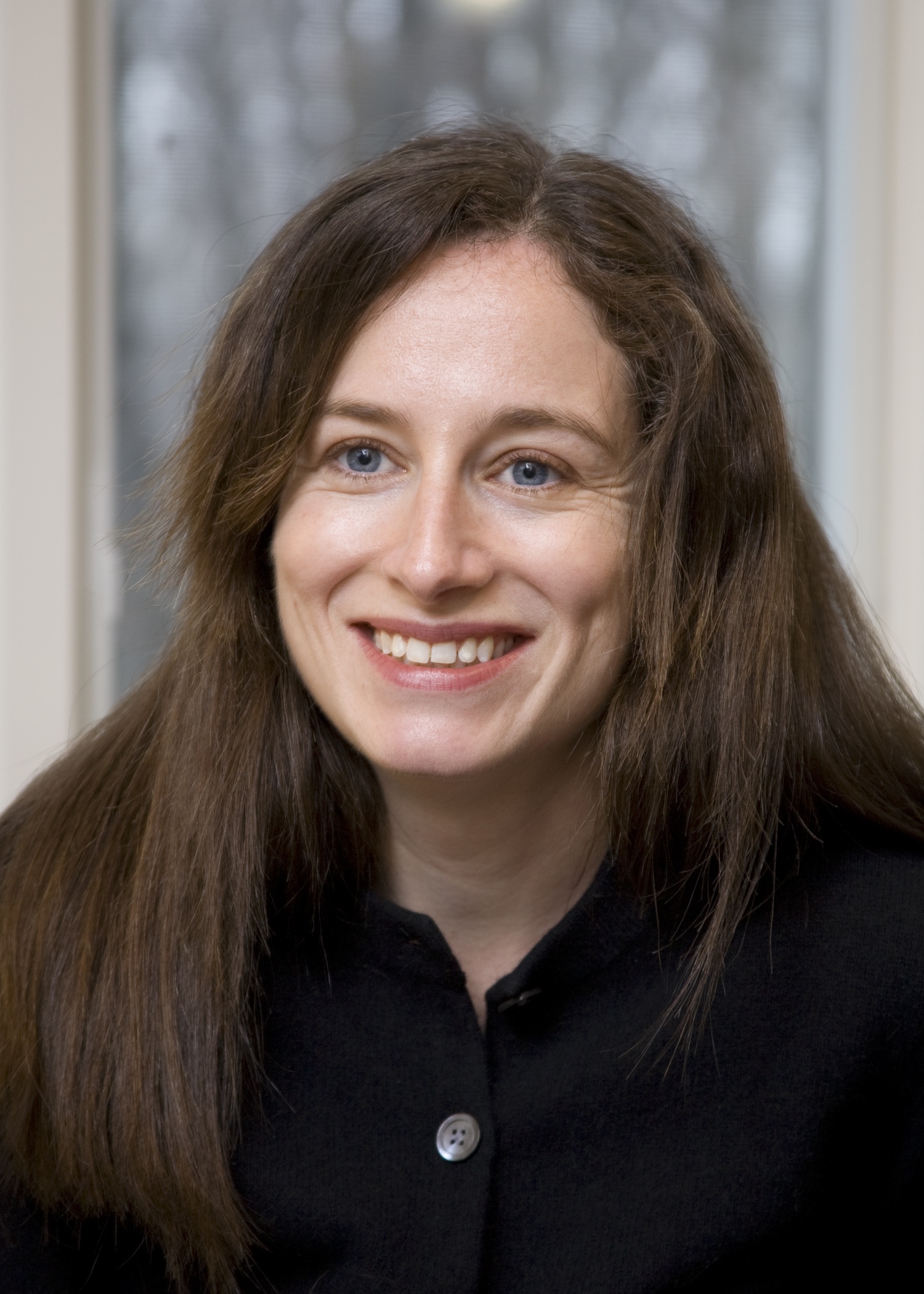.jpg) In this ongoing series, Critical Mass asks critics to name five books that should be found in any reviewer's library. Here are the titles suggested by Ruth Franklin, senior editor of The New Republic and the author of the just published A Thousand Darknesses: Lies and Truth in Holocaust Fiction (Oxford University Press). (Photo: Curtis Martin)
In this ongoing series, Critical Mass asks critics to name five books that should be found in any reviewer's library. Here are the titles suggested by Ruth Franklin, senior editor of The New Republic and the author of the just published A Thousand Darknesses: Lies and Truth in Holocaust Fiction (Oxford University Press). (Photo: Curtis Martin)
Some of my predecessors in this space have suggested excellent books that reflect on the “why” of becoming a critic. I’ve chosen to focus more on the “how.” In no particular order, these are the books that have been most essential to my work:
1. A History of Western Philosophy, by Bertrand Russell. This was the textbook for my high school philosophy class, and I’ve never been separated from it since. It’s one of those books that I’m loathe to lend out, because I’m afraid that after encountering it my friends will discover that they, too, cannot live without it. Starting with the ancient Greeks and continuing through his own contemporaries, Russell boils down the essential ideas of more or less every philosopher of significance and delivers them, along with the occasional witty aside, in easily digestible chapters. The book’s only flaw may be that it doesn’t include a chapter on Lord Russell himself.
2. The Penguin Dictionary of Literary Terms, by J.A. Cuddon. Perhaps you have no trouble distinguishing between sexains and sextillas, hypotaxis and parataxis. The rest of us will benefit from a comprehensive reference book, and this is by far the best one I’ve found. It clearly defines obscure rhetorical terms and other bits of critical jargon, and also includes mini-essays on topics ranging from genre fiction to spy fiction. (Or not so mini: the entry for “novel” is 40 pages long.) And it’s a joy to read: to open it at random is to be delighted by some obscure fact. Page 710: “pillow dictionary” is a euphemism for a foreign language teacher who, as Cuddon delicately puts it, “gives tuition in bed.”
3. A New Literary History of America, edited by Greil Marcus and Werner Sollors. This book came out only last year and has already proved itself indispensable. If I’m writing about anything that has to do with American literature, I look it up here first. The format is a little unwieldy—the book is organized chronologically around idiosyncratically chosen dates—but its capsule essays build into a surprising, inventive narrative of American culture: Ishamel Reed on “Mark Twain’s hairball,” Luc Sante on the blues, David Thomson on Chaplin, Ruth Wisse on Saul Bellow, Gish Jen on Catcher in the Rye, Mary Gaitskill on Norman Mailer.… I could quibble with the omissions, or I could just shut up and be grateful that this book exists in any form. A shout-out is also due to the New History of German Literature, edited by David E. Wellbery andpublished by Harvard University Press a few years earlier. Now, if there were only one for the United Kingdom, I’d be set.
4. The Critic as Artist: Essays on Books 1920–1970, edited by Gilbert A. Harrison. Let’s skip the pretentious title. This is a kind of greatest-hits compendium of mid-century American literary criticism, when the form was newly discovering what it could do. Anatole Broyard on Portnoy’s Complaint (“As any casual reader of contemporary fiction knows, only Jewish writers have mothers”), Irving Howe on Herzog, Stanley Kauffmann on Lady Chatterley’s Lover and Tropic of Cancer (the latter is “a frisky minnow of a book that ought not to be compared with leviathans”), Philip Rahv on Henry James: even—or especially—if you don’t agree with them, these are essays to be reckoned with.
5. A few inspirations.This is the most personal, idiosyncratic choice of all, and the least open to prescription. Every writer needs to look back (and up) at a handful of figures whose work she seeks not to imitate but in some way to match. My own models may not work for you, but high up among them are Joseph Mitchell and Janet Malcolm, two writers who epitomize clarity and humanity. Those new to Mitchell should start with Up in the Old Hotel, his collection of New Yorker profiles culminating with the classic “Joe Gould’s Secret,” the story of an outsider writer and his would-be masterpiece. I’ve never read a page of Malcolm that I didn’t admire, but her Reading Chekhov and The Silent Woman come as close to the critical ideal as any writer ever has.


